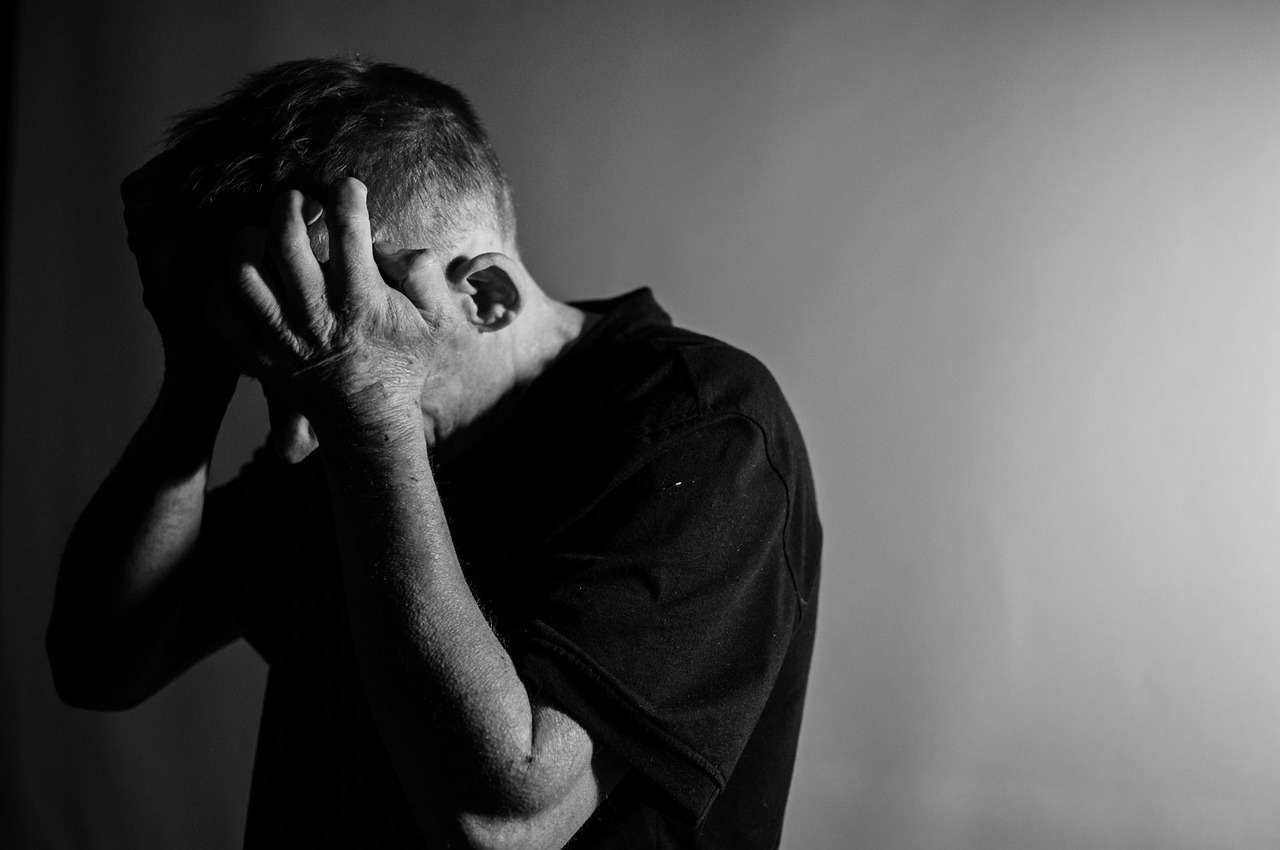
Featured Item

Load shedding – the mind over matter battle
“I just sat in the dark and cried myself to sleep.” “I’m prone to things I never was before, such as road rage and losing my temper.”
These are some of the responses to the South African Depression and Anxiety Group (SADAG’s) recent online survey titled “Your life during load shedding”.
The survey has drawn interest from the city’s residents as well as local academics, including educational psychologist Sheryl Cohen, and clinical psychologist David Abrahamsohn.
Cohen told the SA Jewish Report that the impact of load shedding on mental health is relevant to all of us.
Though the survey focused on respondents over the age of 18, Cohen said she had noticed a definite increase in “acting out” behaviour in her clients – parents and children.
This, she said, was a direct result of feelings of helplessness, anger, and fear caused by the uncertainty and damage of load shedding.
Though load shedding began as “disruption” to everyday life, it has since deteriorated to damage – damage to income, food, and appliances. “It has left many with the perception that their world has been broken. People have lost their sense of mastery over their external environment, and perceiving one has mastery over one’s world is a key factor in stable mental health.”
Cohen said the prevalence for “acting out” in her clients was “mostly expressed as explosive behaviour. People have a shorter fuse and are more irritable than before – perhaps getting upset over things they wouldn’t normally get upset about.”
Abrahamsohn said he had also noticed an increase in levels of anxiety and depression among his clients as scheduled power cuts had increased. “People, to a greater or lesser degree, require a sense of predictability and consistency in their lives. They also need to feel that they have a degree of control over their lives,” he said.
“Daily life is hard to plan and predict. Load shedding happens at unexpected times, and after planned outages, power often doesn’t return. This unpredictability leads to a feeling of being disempowered and out of control.”
He said the negative impact on the economy and the difficulty in running businesses, as well as the overwhelming traffic people face daily during load shedding, all added to psychological fragility and fatigue. “Aggression is often a by-product of this stress, and people will more than likely look for opportunities to express their anger through road rage and domestic abuse.”
Spearheaded by Dr Bronwyn Dworzanowski-Venter, senior research advocate in the faculty of humanities at the University of Johannesburg, and focused on the responses of residents over the age of 18, the recent SADAG online survey included responses of 1 836 people from among the organisation’s 30 000 members.
Respondents confirmed feelings of helplessness caused by continued blackouts. One respondent said, “My life feels like it’s at a standstill. What can I do? What must I do? I hate the feeling of pressure it puts on me.”
One out of 10 respondents reported having thoughts of suicide; 31% said the crisis was straining family relationships; and 95% of employed respondents said that they were concerned about job losses. Seventy-three percent reported an incident of crime during load shedding.
Many respondents said they had resorted to sedentary coping mechanisms. Forty-four percent switched off by sleeping through load shedding, while others – 16% – numbed out by using their mobile devices during load shedding slots.
However, Cohen and Abrahamsohn believe that zoning out isn’t the answer. Cohen said that residents should realise that they aren’t helpless. “While the external environment might seem out of control, they can control their internal environment through stress-management techniques.” She gave the following three strategies:
First, she said, ask what it is that’s still in your control. “I call this ‘doing the next best thing’. For example, I can’t control the power cuts, but I can choose whether I have chops or chicken for dinner. I can’t control the fridge’s power going on and off, but I can put ice packs in the fridge to keep the temperature cooler and protect the food.”
Second, see the experience as an opportunity to grow. Ask, “What leaf can I take out of this rotten book?” For example, the power might be off, but there’s the opportunity to use this as a chance for family or exercise time.
Finally, she said, “Remind yourself that your feelings are normal. Though they are normal, you can direct them into something positive.” She gave the tango as an example: “In South America, challenging circumstances resulted in the tango dance being birthed. This dance is fuelled by passion and deep emotion.”
Cohen further advised that parents set up some form of routine for children. “Children thrive on routine. As far as possible, include daily ‘to-dos’ which can be practiced with or without power.”
Abrahamsohn suggested that people keep to their regular sleeping patterns and not allow load shedding to dictate when they go to sleep. “Also, prepare for load shedding in advance, and expect the unexpected.”
He said complicated feelings around load shedding were normal, and encouraged people to speak openly about their emotional difficulties. “Many are surprised by how many others are also feeling overwhelmed due to load shedding.”
Abrahamsohn advises parents “to be mindful of how we’re managing our own emotions as we’re likely to project our stresses onto our children”.
Self-care is essential, he said. “It’s almost impossible to be a good parent when your ‘tank’ is empty. Also, don’t be afraid to apologise to your spouse or child if you have an outburst of emotion which is driven by stress and anxiety.”
The SADAG survey showed some positive ways the community was adapting to the uncertainties of load shedding. Twenty percent of respondents were now exercising during load shedding shifts, and 26% were choosing to spend more time outdoors.
The survey also indicated that those who planned around load shedding shifts (10%) were the most resilient.
For many in the community, the future is a core concern. Abrahamsohn said his clients were concerned about when the situation would end, and what it meant for their future and the future of their children in South Africa.
The SADAG survey showed a high percentage – 96% of respondents – were concerned about the impact load shedding would have on the South African economy.
Abrahamsohn said he believed the answer to these concerns lay in the value of community. He said as a Jewish resident, he felt incredibly blessed to be part of such a strong community. “Spend time with fellow community members, and don’t be afraid to share anxieties and concerns. And reach out for help. There’s no shame in speaking out.”











Ploni Benploni
March 16, 2023 at 2:52 pm
It’s simple… there is no future in South Africa.
Anyone with the resources to leave should grab the opportunity with both hands and get out as fast as they can. And they should encourage their children to do the same.